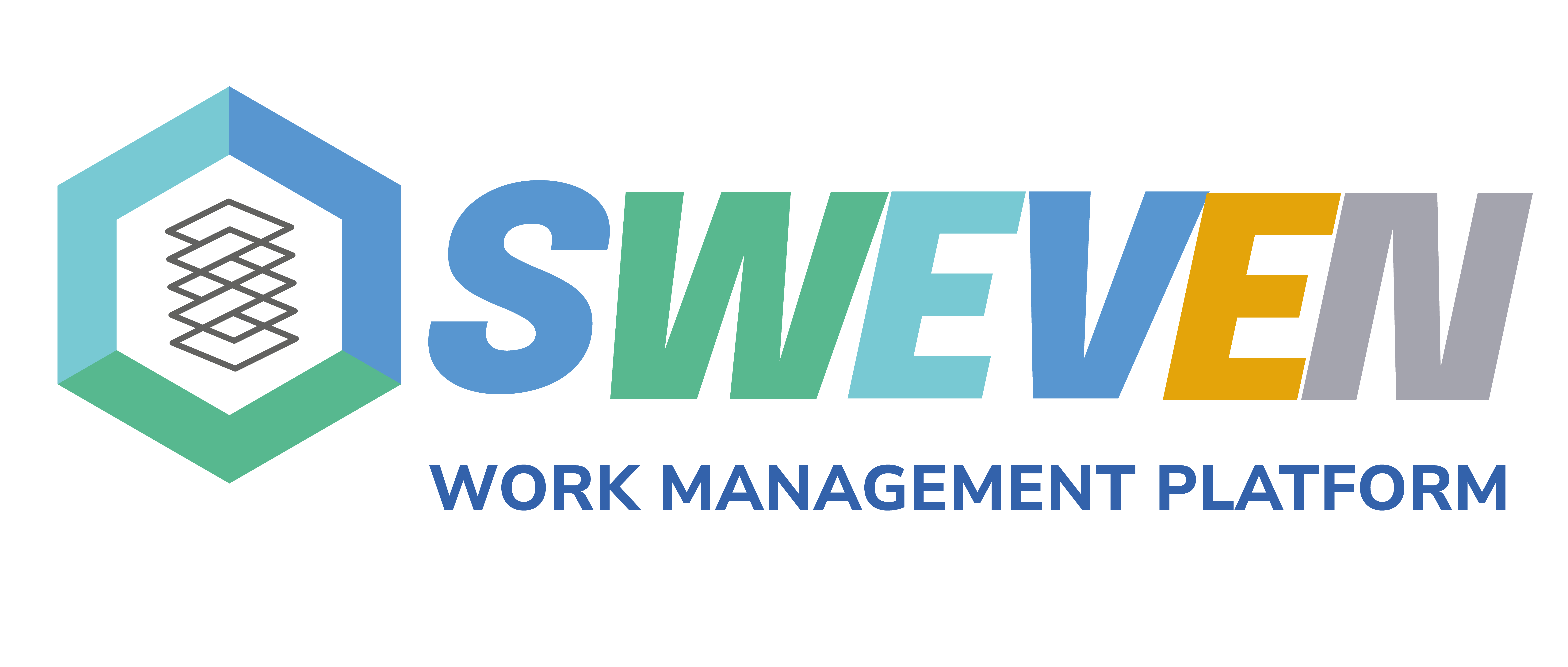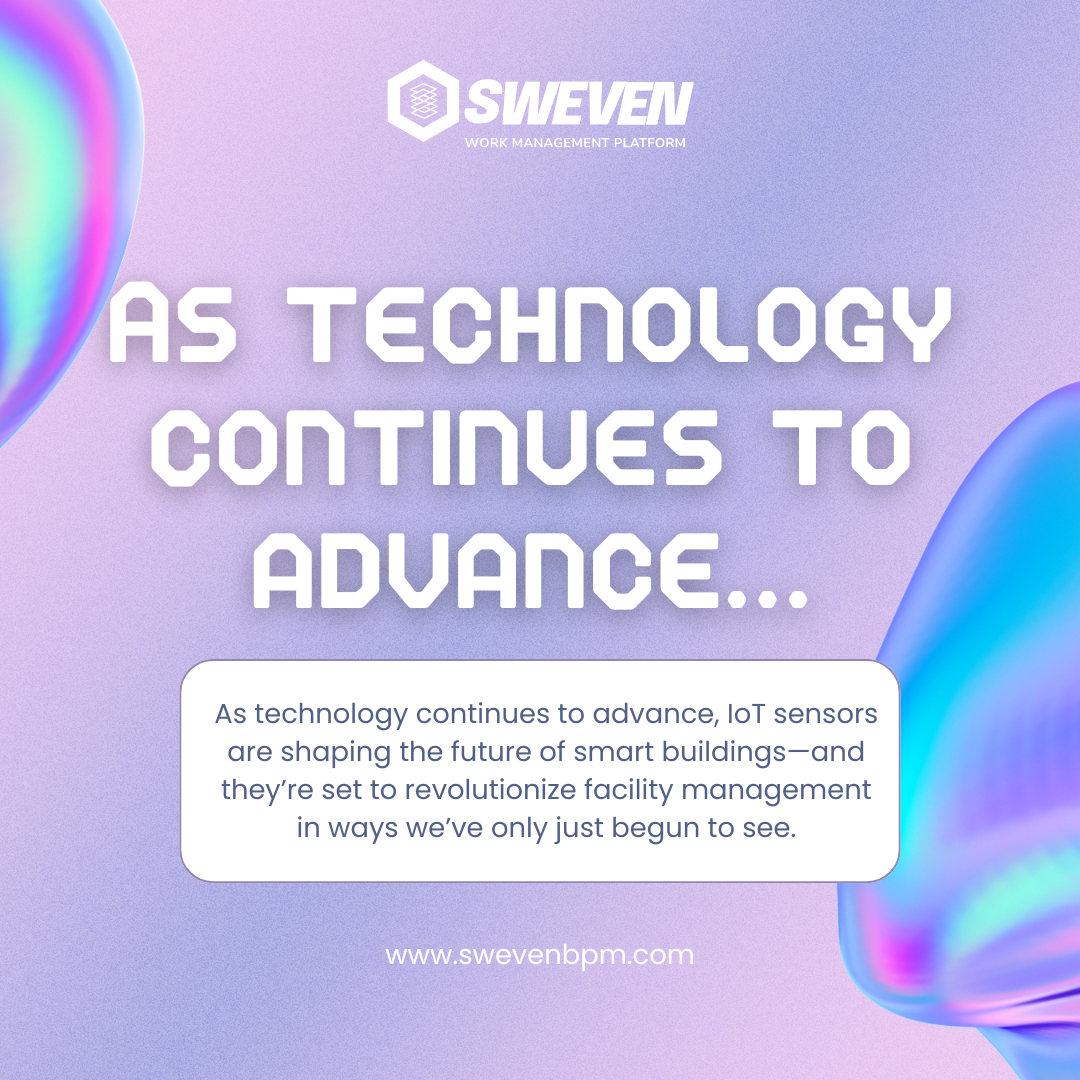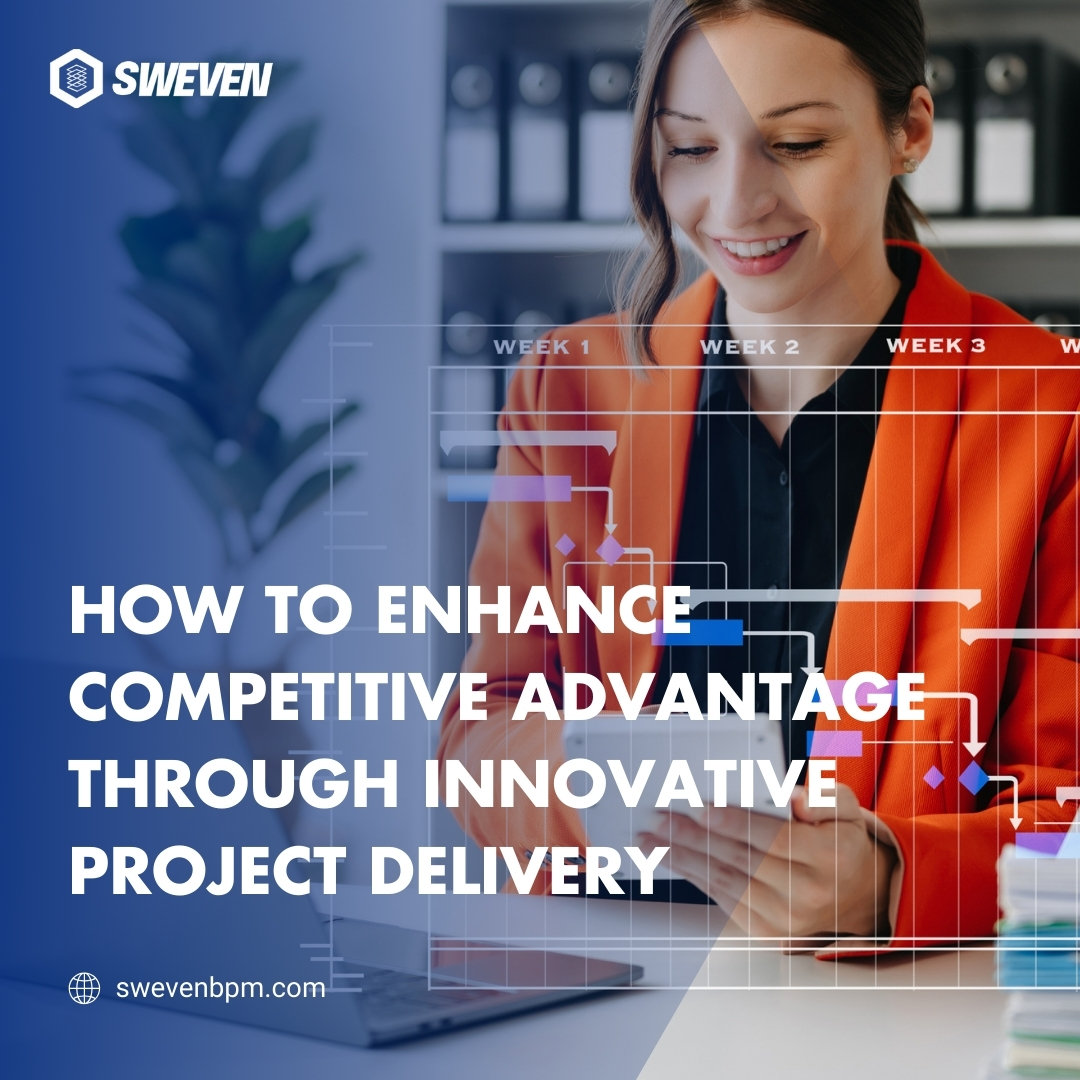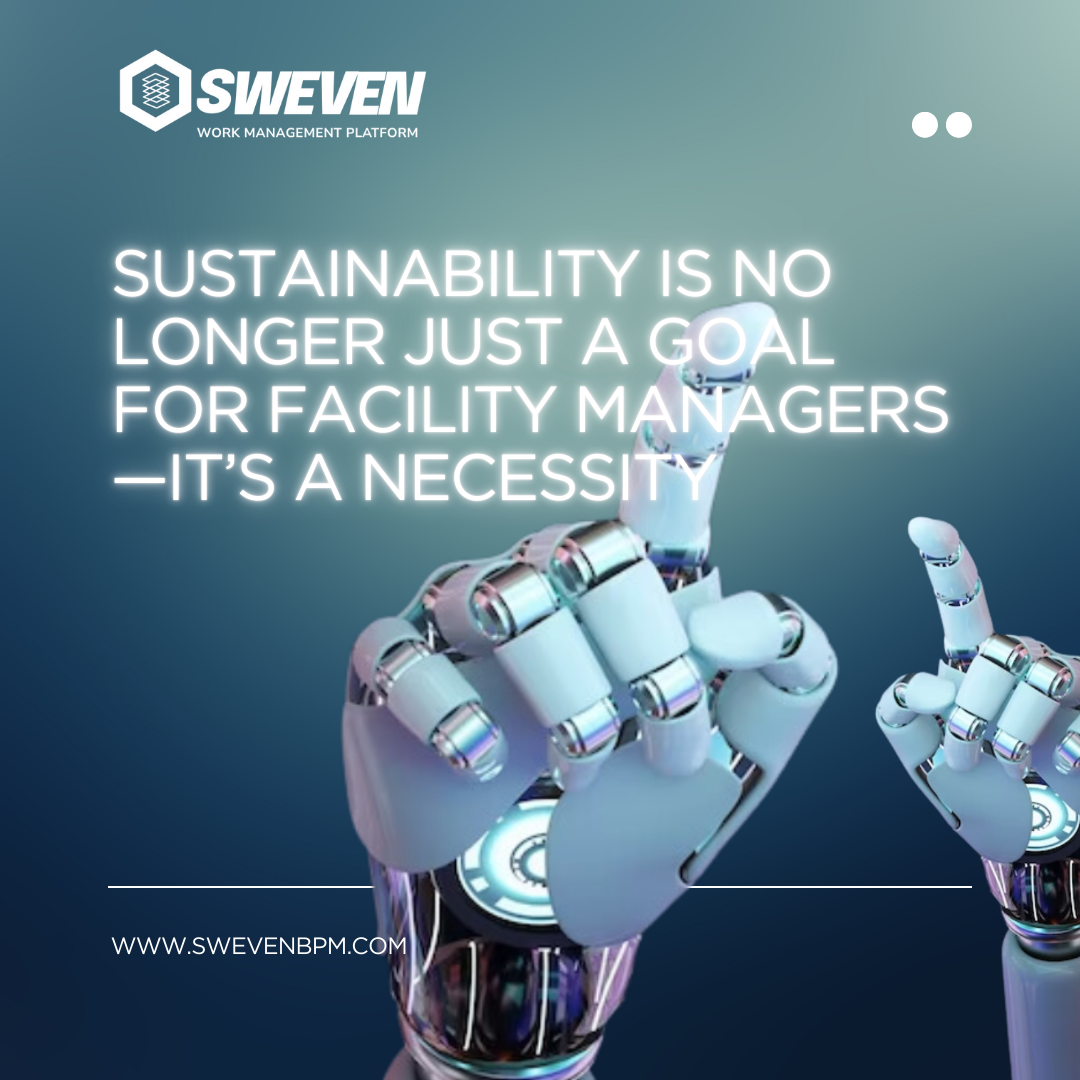Introduction:
In today’s rapidly evolving business landscape, maintaining a competitive edge requires organizations to continually innovate and differentiate themselves from competitors. Traditional project delivery methods may no longer suffice in meeting the dynamic needs of clients and stakeholders. To address this challenge, organizations must embrace innovation in project management practices and technologies. In this blog post, we explore how leveraging innovative approaches to project delivery can differentiate offerings and propel organizations ahead of the competition.

The Challenge of Outdated Project Delivery Methods
Innovation is the lifeblood of success in the modern business environment. However, many organizations find themselves falling behind competitors due to reliance on outdated project delivery methods. These traditional approaches may lack agility, scalability, and adaptability to meet the changing demands of clients and markets. As a result, organizations risk losing market share, relevance, and profitability in an increasingly competitive landscape.
The Solution: Embracing Innovation in Project Delivery
To maintain a competitive advantage, organizations must embrace innovation across all aspects of project delivery. This includes adopting new methodologies, technologies, and practices that enhance efficiency, flexibility, and value delivery throughout the project lifecycle. By leveraging innovative approaches, organizations can differentiate their offerings, delight clients, and stay ahead of the competition.

Key Strategies for Innovative Project Delivery:
- Agile Methodologies: Embrace agile project management methodologies such as Scrum or Kanban to enhance flexibility, responsiveness, and collaboration in project execution. Agile methodologies empower teams to adapt to changing requirements and deliver incremental value to clients more effectively.
- Lean Principles: Apply lean principles to streamline project processes, eliminate waste, and maximize value delivery. By focusing on continuous improvement and customer value, organizations can optimize project workflows and achieve higher levels of efficiency and productivity.
- Digital Transformation: Leverage digital technologies such as artificial intelligence, machine learning, and automation to optimize project management processes and decision-making. Digital transformation initiatives enable organizations to automate repetitive tasks, gain actionable insights from data, and enhance project delivery outcomes.
- Collaborative Tools and Platforms: Invest in collaborative project management tools and platforms that facilitate communication, coordination, and knowledge sharing among project teams and stakeholders. By fostering a culture of collaboration and transparency, organizations can drive innovation and creativity in project delivery.
- Customer-Centric Approach: Adopt a customer-centric approach to project delivery, focusing on understanding and meeting the evolving needs and preferences of clients. By actively engaging with clients throughout the project lifecycle and delivering personalized solutions, organizations can differentiate themselves and build lasting relationships.
Implementation Strategy:
- Assessment of Current Practices: Evaluate existing project delivery methods and identify areas for improvement and innovation.
- Education and Training: Provide training and education to project teams on innovative methodologies, technologies, and best practices in project management.
- Pilot Projects: Initiate pilot projects to test and validate innovative approaches to project delivery before scaling across the organization.
- Continuous Learning and Adaptation: Foster a culture of continuous learning, experimentation, and adaptation to stay abreast of emerging trends and opportunities in project management.
- Feedback and Iteration: Gather feedback from project teams, clients, and stakeholders, and use insights to iterate and refine innovative project delivery practices over time.

Conclusion:
In conclusion, embracing innovation in project delivery is essential for organizations seeking to maintain a competitive advantage and drive success in today’s fast-paced business environment. By adopting agile methodologies, lean principles, digital transformation initiatives, and a customer-centric approach, organizations can differentiate their offerings, deliver greater value to clients, and stay ahead of the competition. Investing in innovative project delivery practices not only enhances organizational performance but also positions organizations for long-term growth, resilience, and success in an increasingly competitive marketplace.

























